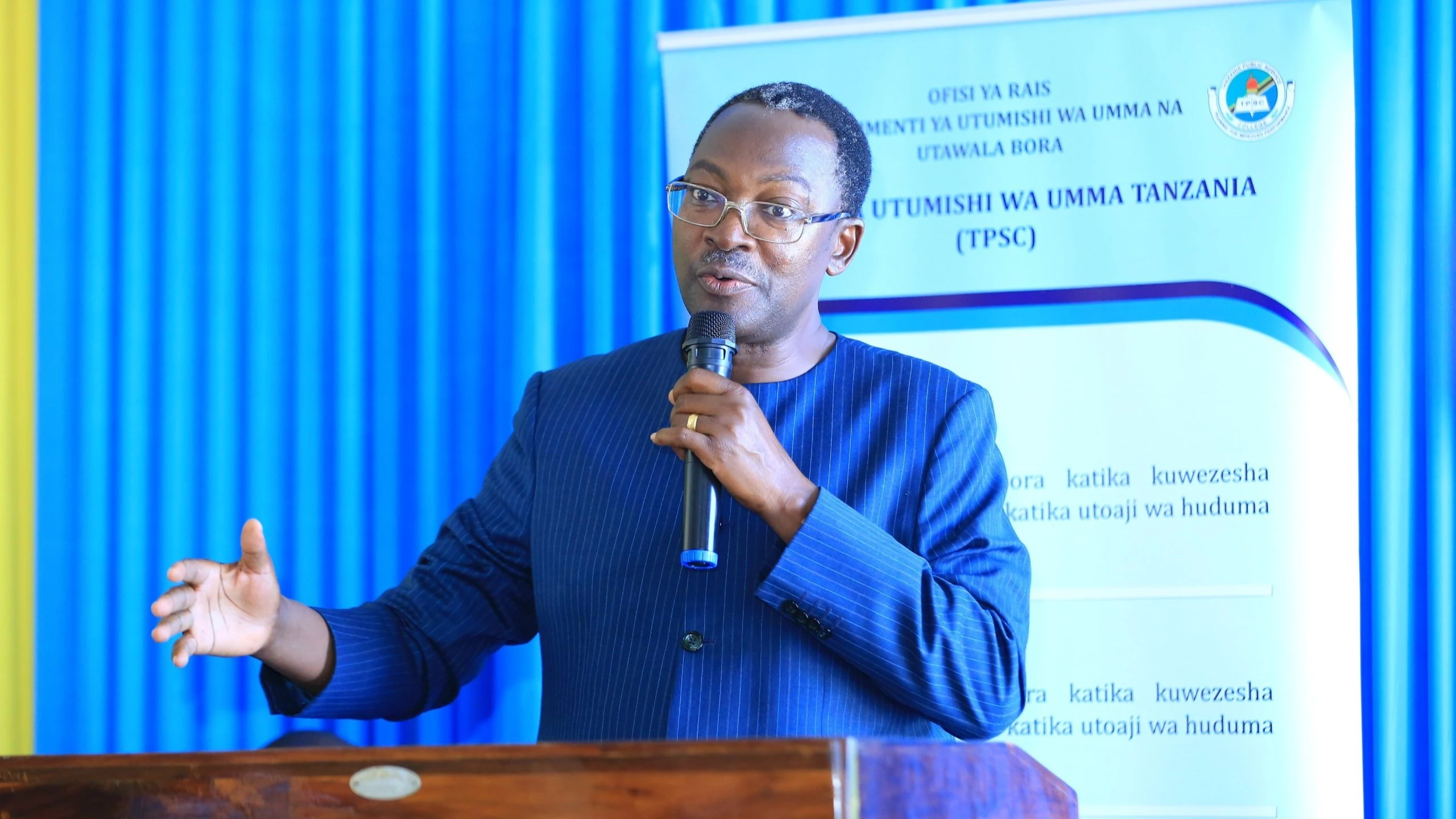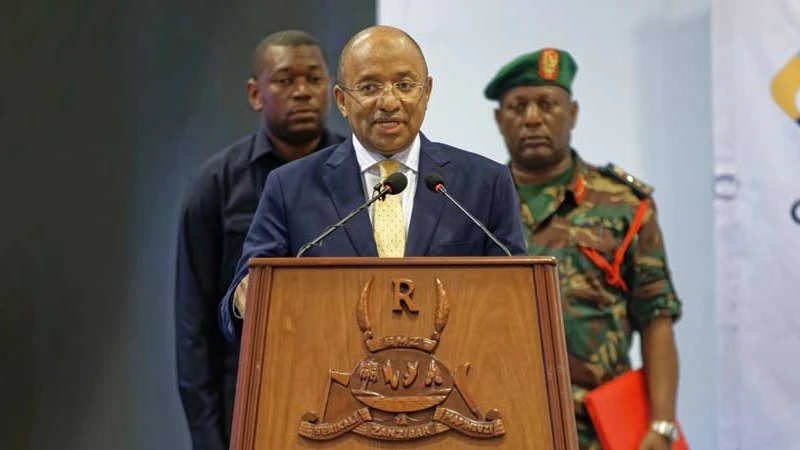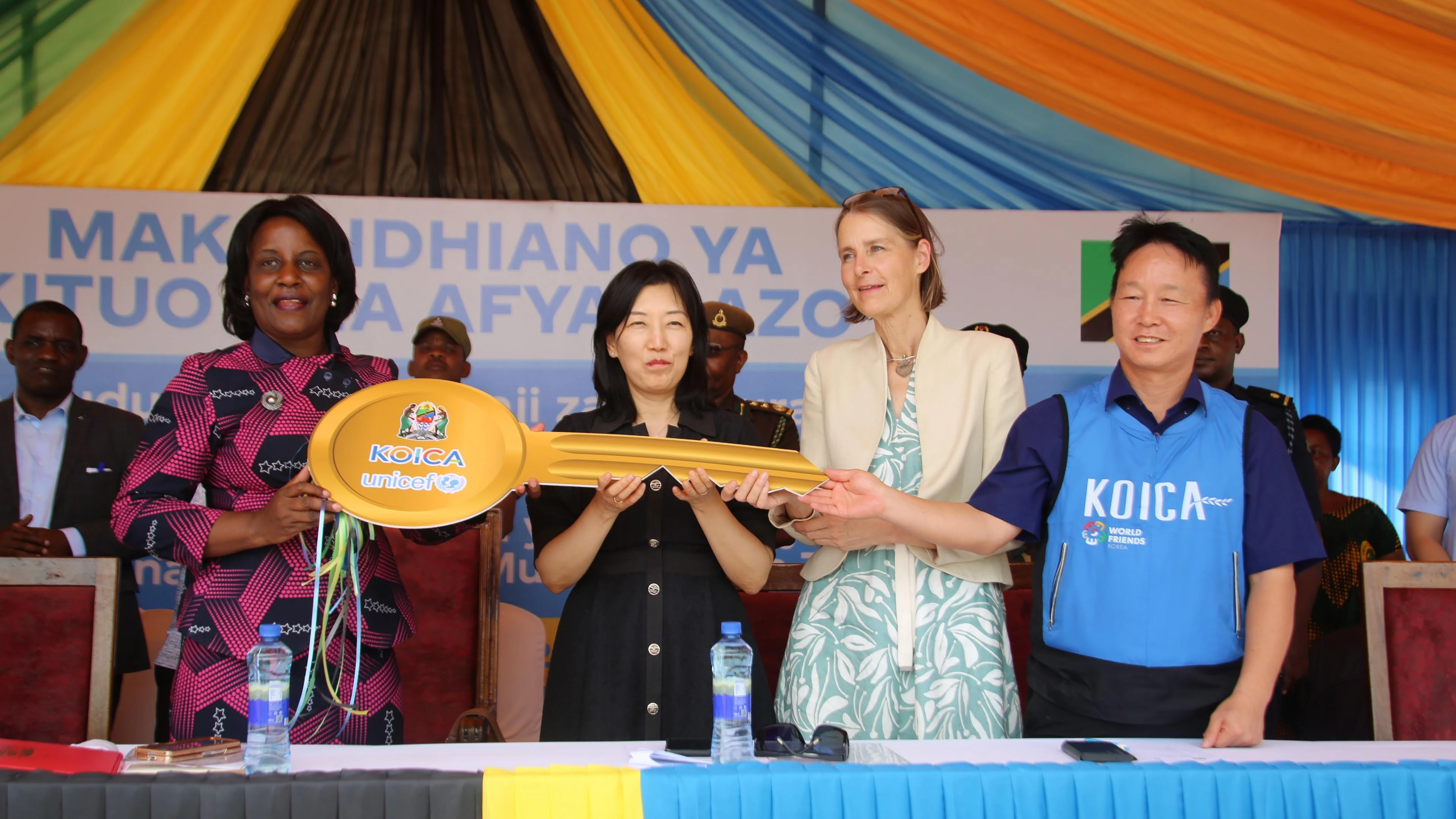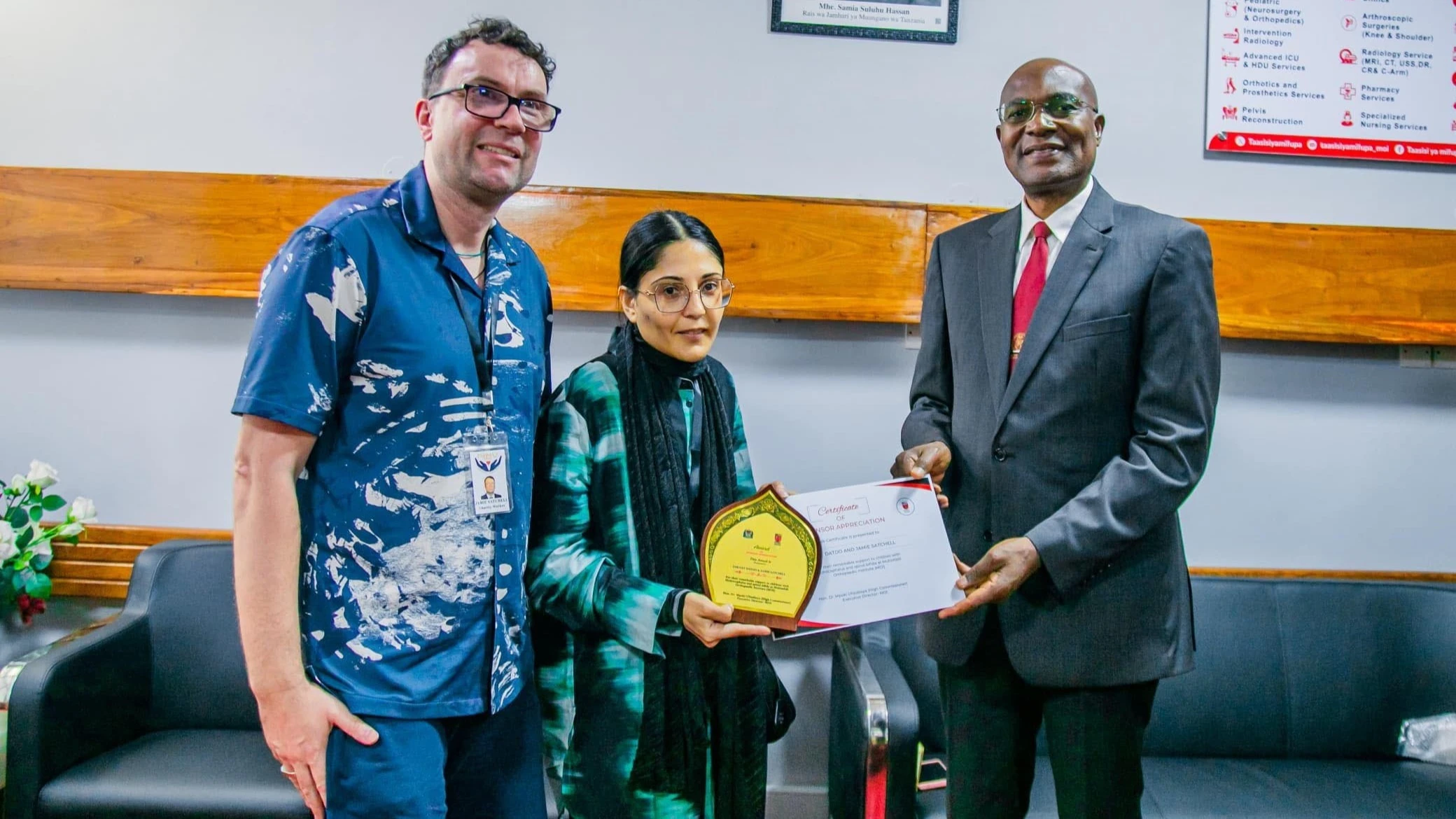Rampant public service abuses, nepotism now ‘a big problem’

PUBLIC service agencies are struggling with numerous unprofessional practices including nepotism, tribalism and misuse of power undermining its effectiveness, the government has admitted.
George Simbachawene, the Public Service Management and Good Governance minister, made this observation at the opening of a workshop for heads of human resources and administration departments in the civil service.
He said that these drawbacks weaken the performance of the sector, with the three-day meeting involving officials from ministerial head offices, local government authorities, ministerial departments and government agencies was convened to address challenges in the delivery of public services.
The minister expressed concern over public institution heads who reject newly appointed or relocated employees owing to personal interest despite their having the required merits.
He said that such leaders prioritize their own preferences, as some officers are reluctant to hire qualified individuals fearing to lose their positions to younger, well-educated staff.
“It is shameful that some heads of public institutions are engaging in the practice of recruiting staff based on personal interests,” he stated, vowing to work to uproot nepotism and tribalism in recruitment processes.
He was also aghast at favoritism, particularly in the issuance of travel permissions or per diems, cautioning senior public servants against seeking extensions of service contracts when they reach retirement age.
"This is not patriotic. There are many qualified young people ready to serve the public," he said, urging that the chief secretary no longer accept such requests unless it is an exceptional case.
Insisting on adhering to regulations and ensuring transparency in the public service, he demanded that heads of administration and human resources departments make full use of the government’s digital systems.
These include applications for recruitment and for transfer, to enhance human resources supervision and improve efficiency, he said, expressing dismay over appointing interim directors to key positions lacking necessary qualifications, underlining that it is unprofessional.
The workshop themed “Supervision of the policy and public service laws through systems of human resources and improved digital systems,” also addressed preparations for salary budgets and arrears.
It also sought to map out the future vision for public service reform, aiming to anchor the public sector at a different level of performance by 2050, officials said.
Top Headlines
© 2024 IPPMEDIA.COM. ALL RIGHTS RESERVED






















